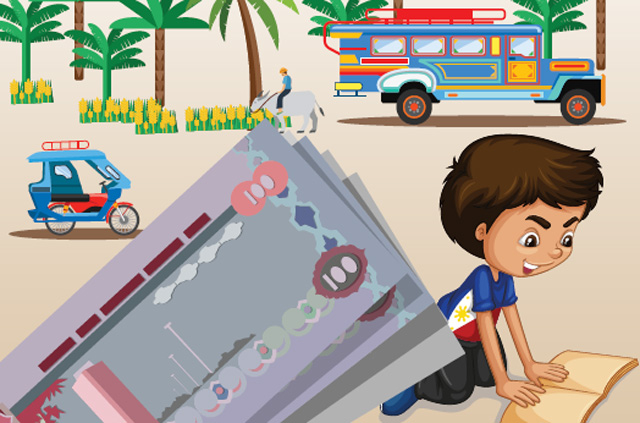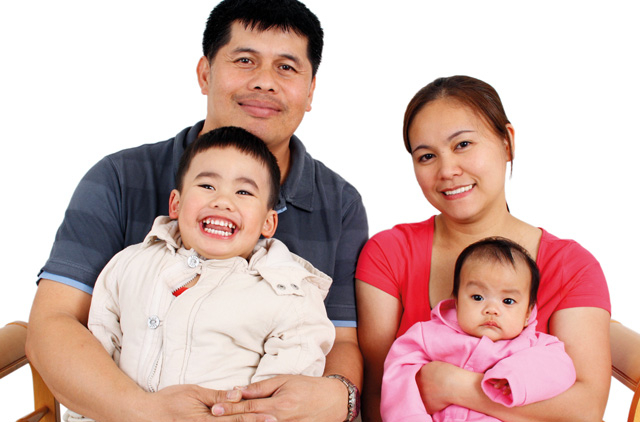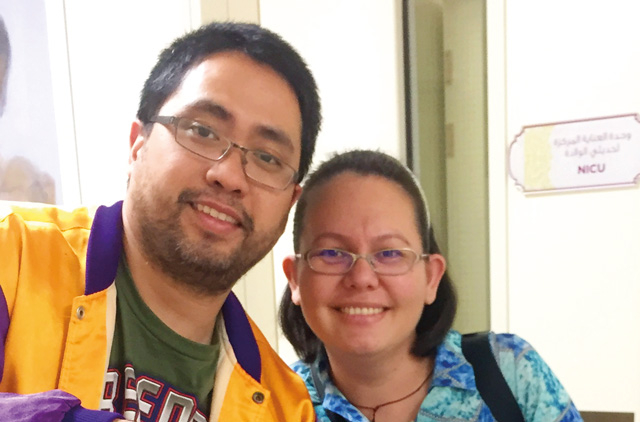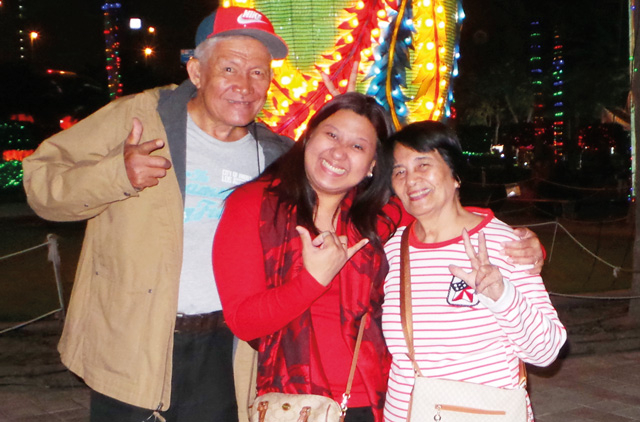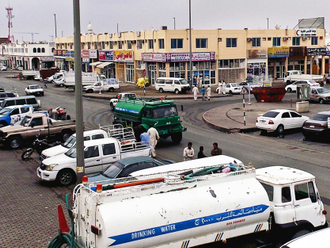The contribution of Overseas Filipino Workers (OFWs) to the Philippine economy is unquestionable. About 20 per cent of all households in the country receive remittances, and tangible proof can be seen in the support extended to thousands of families for everyday needs, education and health, building homes and providing capital to start small businesses. OFWs also make considerable contributions to the socio-economic landscape in their host countries, especially medical personnel, seafarers and software specialists.
Filipinos living in the UAE are at the forefront of making international remittances, and in March when personal remittances booked a double-digit growth of 11.8 per cent to a record high of $2.91 billion (Dh10.6 billion) from $2.61 billion in March 2016, BSP attributed the increase from the UAE to 2.1 per cent (in comparison to the US’ 3.9 per cent and Japan’s 1 per cent).
Genevieve Caasi, who is in her early 40s and an accountant at a DIFC firm, explains the concept of ‘charity that truly begins at home’, and how remittances make a contribution.
“My parents are in their 70s and need regular medical treatment, and their meagre pensions do not cover the cost. My brother’s salary is simply not enough to pay for a good education for my niece. My contributions help them out considerably, and I use Western Union or local exchange houses to remit money every month," she says.
“The system in the Philippines is not geared to deal with many things, and every dirham that we OFWs send home helps individuals, families, and communities,” she adds.
Caasi wonders if some of her compatriots in the UAE may be blindsided by the feel-good factor of remittances. Working abroad comes with a very long list of personal sacrifices, she says, and sending money to get families out of tight spots or give them better opportunities offers a temporary rush of nobility. “It is simple math though — if you don’t have enough money, you cannot help anyone out. Every OFW in the UAE must start saving money alongside sending money home.”
A home for Mum
Her thought is echoed by Edwin Cabitec, a 49-year-old document controller working at Jebel Ali, when he explains how the pattern and purpose of his remittances have changed over the last 10 years. “When I was single, I used to diligently help my mother. I built a house for her in Palawan and paid for her everyday needs. When she passed away, my sister moved in there.
“I am now married, and have two small children, and we are buying a family home in Davao. I transfer money through my bank every month into the developer’s bank account, and it will ensure my family’s future.”
Francis Parnada, a 40-year-old office manager, works at Dubai Silicon Oasis and has lived in Dubai for the last 13 years. Francis and his wife Sharon remit money every month to support their respective families, for daily needs and to pay medical bills. They are now in the process of investing in personal and commercial property in Metro Manila, for use in the future.
Although Parnada prefers remitting money through an exchange house over a bank, he is swayed in his choices by offers and promotions that can decrease the transaction fee by up to Dh10, or provide other tangible benefits.
“There is no doubt that remittances improve Filipino society, and in so many different ways,” he emphasises. “Filipinos living in the UAE must not think twice about sending money home to help out their family members or improve the lives of their countrymen.”
Parnada also offers more practical advice. “But they must also remember that if there are people capable of working, the better thing to do is get them here and help them find jobs.”


